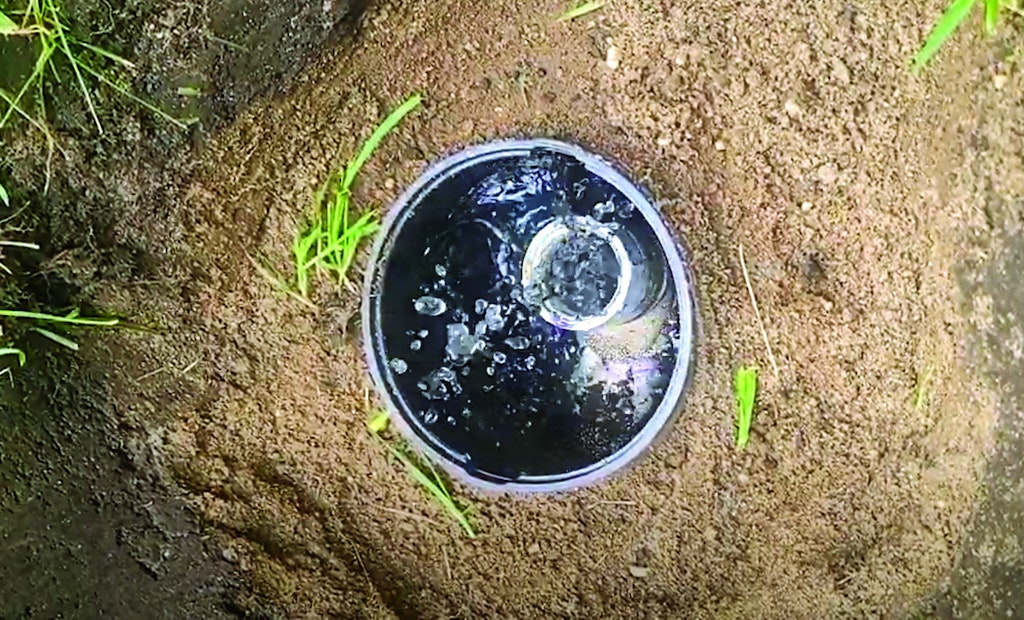
Septic service professionals frequently encounter wastewater splashing and other contact with disease-causing pathogens. Discuss the need for preventive vaccinations with your doctor and crew.
Workers who handle human waste or sewage are at an increased risk of becoming ill from waterborne diseases. Pathogenic bacteria have the potential to cause diseases such as Salmonella, shigellosis, typhoid fever, cholera, paratyphoid, bacillary dysentery and anthrax. Viruses can...





